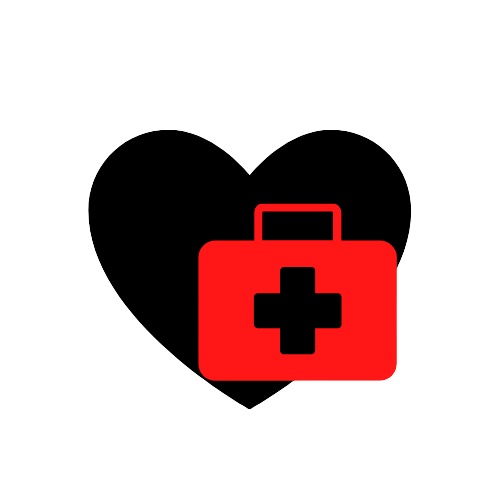tips
Heart Attack First Aid.


If someone is having a heart attack they may experience any of all the following:
1)Chest discomfort or pain spreading beyond the shoulder, neck, jaw ,teeth, or one or both arms or occasionally upper abdomen for more than minutes.
2)Uncomfortable pressure ,fullness or squeezing pain in the center of the chest.
3)Shortness of breath.
4)Lightheadedness, dizziness, fainting.
5)Nausea and sweating.
What to do if you or someone else maybe having heart attack.
1) Call 911 or your local emergency number - Don't ignore or attempt to tough out of the symptoms of a heart attack for more than 5 minutes. If you don't have access to emergency medical services have a neighbor or a friend drive you to the nearest hospital. Drive your self as only last resort and realize it places you and other at risk when you drive under this circumstances. But seek emergency help first, such as calling 911.
2)Chew and swallow an Aspirin ,unless you are allergic to aspirin or have been told by your doctor never to take aspirin. But seek emergency help first, such as calling 911.
3)Begin CPR if the person is unconscious. If you are with a person who might be having a heart attack and he or she is unconscious ,tell the 911 dispatcher or another emergency medical specialist. You maybe advice to cardiopulmonary resuscitation (CPR).If yo have not receive CPR training, doctors recommend skipping mouth-to mouth rescue breathing and performing only chest compressions (about 100-120 per minute).The dispatcher can instruct you in the proper procedures until helps arrives.
4)If an automated external defibrillator (AED) is available and the person is unconscious ,begin CPR while the device is retrieved and set up. Attach the device and follow the instructions that will be provided by AED after it has evaluated the person's condition.
Asthma First aid

If someone is having Asthma
1)Help the victim to sit comfortably and loose tight clothing.
2)Ask the person to breath slow and deeply.
3)If the victim has an inhaler, assist in using it.
4) If the person is does show any improvement it maybe severe attack.
5)Call 911 or you local emergency number.
